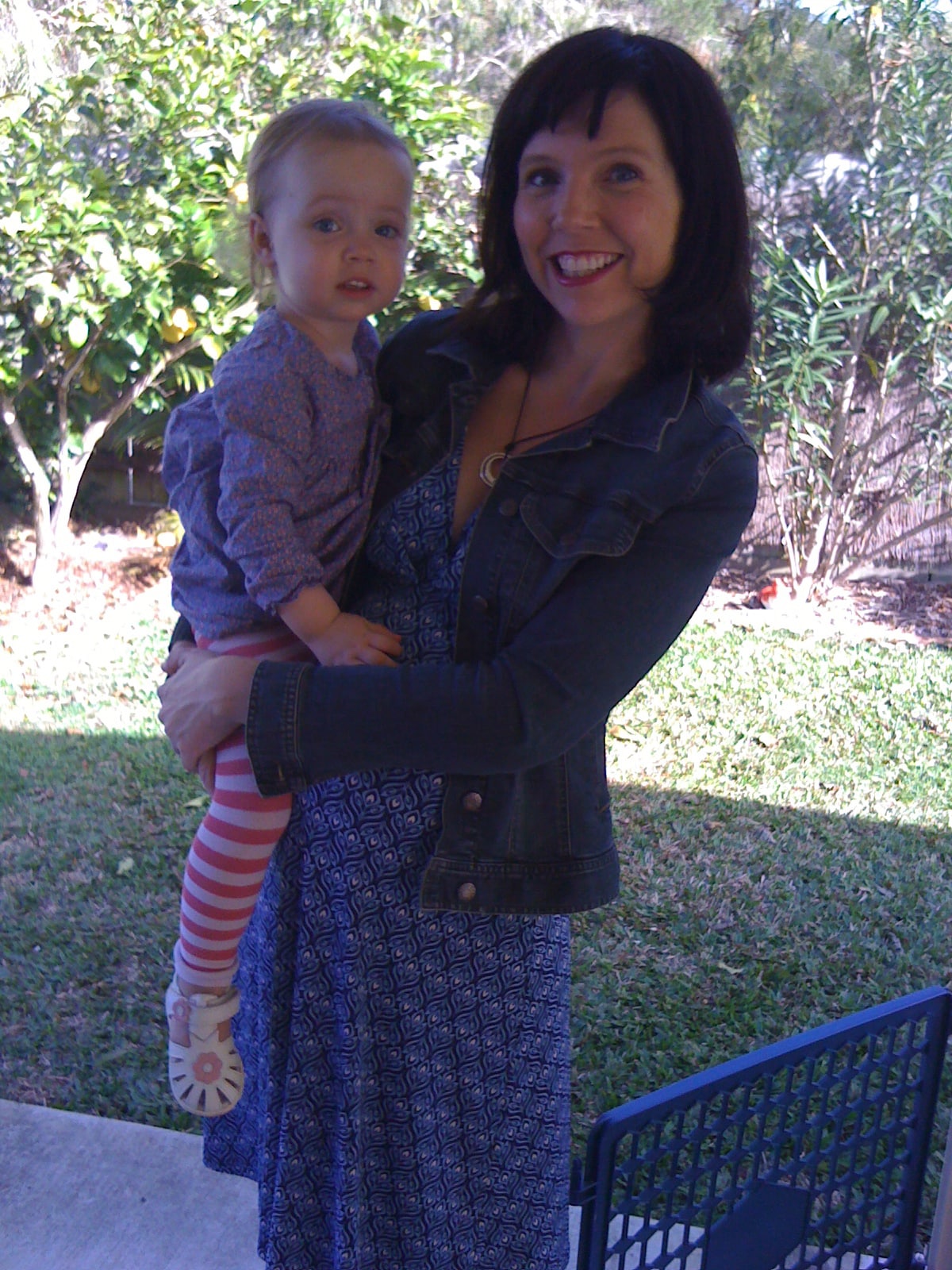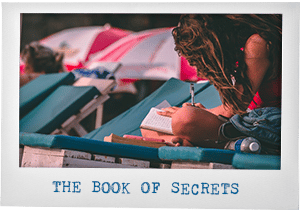Lindy Chamberlain grieved the ‘wrong’ way …
It was 1980, I was eight years old and sitting on the lounge room floor leaning back onto my mum’s lean tanned legs when I heard someone – I’m not sure who – say it.
“Look at her. She hardly looks like a mother whose baby has just died.”
I looked up at the TV screen.
Looking back at me was Lindy Chamberlain with her Beatles haircut and her saucer sized sunglasses. Her face stony, her manner matter-of-fact as she spoke to a heaving, jostling mob of journalists about the disappearance of her newborn daughter Azaria at Uluru.
She blamed a dingo.
The entire nation blamed her.
Lindy Chamberlain, you see, didn’t grieve the way we wanted her to. She was too serious. Too stoic. Heartless. Where were her tears? Where was her grief? How could she be so together? She was the mother for gods sake.
Thirty years later and the exact same sentiments were being whispered about British backpacker Joanne Lees whose failure to publicly emote over the disappearance of her boyfriend Peter Falconio led the public to mistrust her. She looks cold and distant, we murmured from our lounge room chairs. I bet she was involved.
In a roundabout way I was reminded of those two women following a recent Mamamia post (which you can read here). Three months ago Janelle Moran lost her unborn baby son at 24 weeks. No doubt as a way of working through her anguish, Janelle chose to write an incredibly brave piece on some of the darker moments of her despair. The bits of grief that nobody talks about. The bitterness, the fleeting hateful feelings. The moments that go from ‘Why Me?’ to “Why not her?” Oh yes, that deep-seated wish that what had happened to you had actually happened to someone else.
To say she was criticised is an understatement. Many readers didn’t like the way Janelle was grieving. Like Lindy, she wasn’t grieving the way she was supposed to.
But the truth is unless you have experienced the loss of a loved one – especially a child – it’s hard to understand that grief isn’t always as tidy and polite and pretty as it is when played out on A Very Special Episode of Home and Away. What I know from personal experience is that when a parent loses a child the grief is often raw. Ugly. Messy. Dark.
When my daughter Georgie was stillborn 18months ago I behaved in ways I never would have expected.
On a Monday night in September 2010, I held my perfectly healthy, 36 week old dead daughter in my arms and kissed her forehead and sang to her a song I had long ago made up about how very much her mummy loved her. One week later Brad and I had people to our house to watch the NRL grand final. Is that jarring? It jars me, even now. I mean who does that? All I remember is that I wanted Brad to be with his mates for a few hours. And that when they came over I smiled. And passed around bowls of pretzels. And sat outside with my friend Kyley and drank wine and even laughed at some jokes. And then when everyone went home, and the last plate was stacked in the dishwasher I collapsed in the shower and became hysterical screaming for my daughter. Brad had to put me to bed.
From hospital I typed long, calm emails to my friends about my feelings about Georgie’s death and yet refused to take many of their calls. Or see them in person. For the most part, I had no desire to be around people. To hear how sorry or sad they were. Instead I ate their doorstep lasagnes and spent hours making a tribute video on my laptop of a little girl who died before I ever got to see her smile. Or for her to see mine.
I made small pledges to Georgie. Became anchored by tiny rituals that connected me to her. I wouldn’t hold another baby until I had another one of my own. I had to say bless you whenever Ava sneezed. I couldn’t go to bed at night until I had kissed Ava’s forehead and told her Georgie was watching over her.
And I spent those early days, or was it months?, on this very site. It became my salvation. Filled in my hours. Filled up my headspace as I tried to find ways to not think about the nightmare I was living. I read every post and left comments on stories like a normal person, like someone whose much-cherished second daughter hadn’t just died.
I filled in a gratitude journal. I thought about getting a tattoo. Or shaving my head. I craved to look different so that I could wordlessly say to the world, “I am forever altered”.
And like Janelle I struggled with feelings of envy and, yes, at times resentment towards others. Friends who were pregnant. Friends who had had healthy babies at the same time Georgie died. Friends who announced their second pregnancies. The feelings never lasted long. They came and went like a shiver but they were there nonetheless. Because inside me I couldn’t understand how this had happened to us. To me. To her. And now I was behind. Had to start from scratch. Like a game of Snakes and Ladders, I’d been so close to holding a second baby in my arms and suddenly found myself sliding down to the start. Back to the beginning while I watched everyone else move on with their families.
Would I ever, ever wish that someone else’s baby had died rather than Georgie. No. Because having lived through the grief of a stillbirth, I can honestly say I wouldn’t wish it on anyone.
But that doesn’t make it easy.
On her website, Lindy writes “She grew within my body and when she died, part of me died, and nothing will ever alter that fact.”
We all sort of forgot that Lindy Chamberlain lost her baby. Her daughter. She still misses her little girl. Just the same way I miss mine.
(This post first appeared on Mamamia)
categories
You might also like...
About Bec
Over the past 25 years Rebecca Sparrow has earned a living as a travel writer, a television publicist, a marketing executive, a magazine editor, a TV scriptwriter, a radio producer, a newspaper columnist and as an author.
social media

subscribe
Want to know if your child is ready to have a social media account?
Enter your details below and I'll send you my 4-point checklist.






